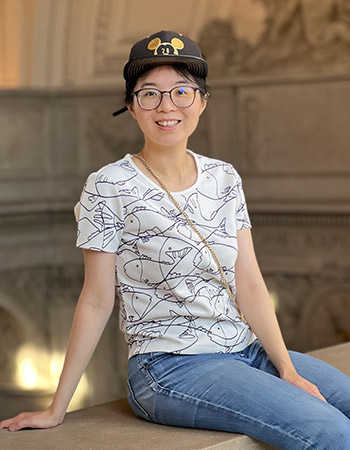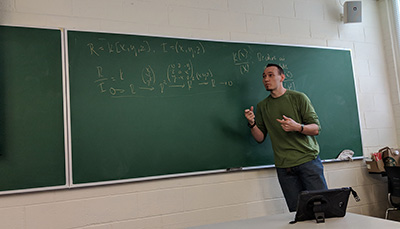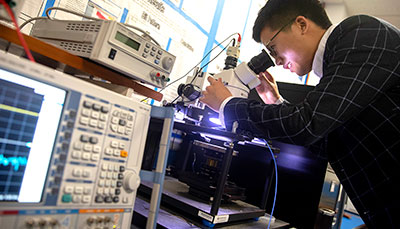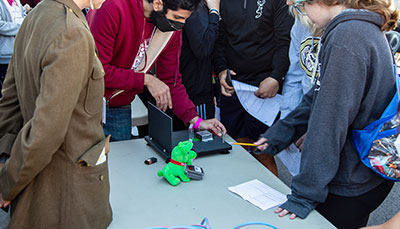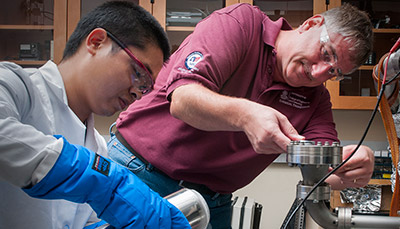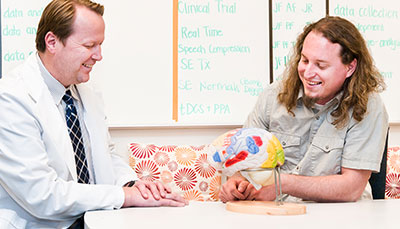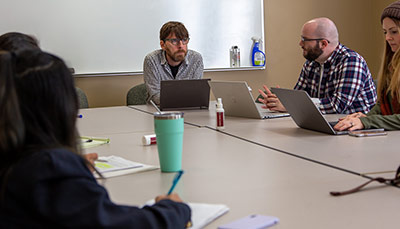Statistics, Ph.D.
College of Arts and Sciences
Take your statistics expertise to the next level by studying statistical theory and cutting-edge research methods. A doctoral degree can prepare you for a rewarding career in industry or academia.
Become highly sought after in a number of different fields, whether teaching statistics at the university level, conducting independent research or leading data analysis in business or industry. Our flexible program serves students with bachelor's or master's degrees with statistical or mathematical training. Stipends cover tuition and health insurance for Ph.D. candidates.
Program Highlights
-
An Expert Faculty
Receive mentorship from a faculty full of experts in the field of statistics with extensive research and teaching experience.
-
Interdisciplinary Approach
Earn a well-rounded education, as well as opportunities to apply statistical methods in various fields of study.
-
Comprehensive Curriculum
Master statistical principles, data analysis techniques, statistical modeling and cutting-edge statistical methodologies.
-
State-of-the-Art Facilities
Use computing resources and specialized software to conduct advanced statistical analyses and simulations.
Building Skills
Gain the professional and personal intelligence it takes to have a successful career.
-
Advanced Statistical Modeling
Applying advanced techniques to interpret data, uncover patterns and make predictions for complex phenomena
Data Analysis
Examining and interpreting information to uncover insights and inform decision making
Statistical Computing
Using computational methods to analyze and process data, perform statistical calculations and generate meaningful insights
-
Scientific Writing
Communicating scientific research and findings in a clear, accurate and compelling manner
Collaboration
Working with others to achieve a common goal or objective
Problem Solving
Identifying, analyzing and resolving problems or challenges using creative and effective strategies
Using your degree
Make your college experience the foundation for a successful future.
Potential Careers
- Faculty
- Researcher
- Statistician
- Data Scientist
- Data Analyst
- Consultant
Workplace Settings
- Academia
- Industry
- Government
- Healthcare
- Finance
- Technology
